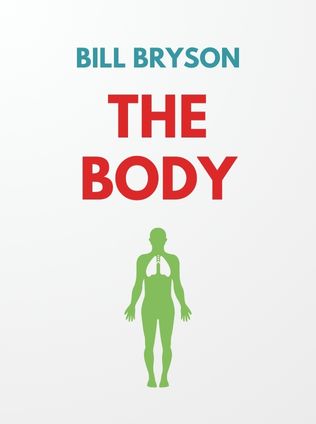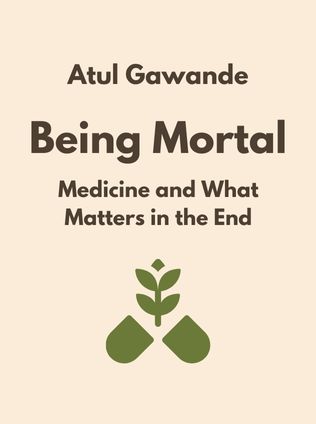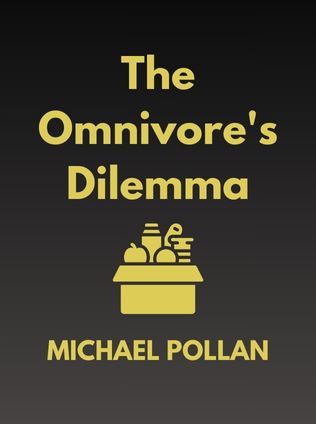
How Not to Die
Discover the Foods Scientifically Proven to Prevent and Reverse Disease
By Michael Greger
Published 12/2015
About the Author
Dr. Michael Greger is a physician, author, and internationally recognized speaker who has dedicated his career to public health, particularly in the area of nutrition. He is the founder of NutritionFacts.org, a nonprofit organization that provides free daily updates on the latest in nutrition research through videos and articles. Dr. Greger’s mission is to empower individuals with the knowledge they need to make informed dietary choices to prevent and reverse chronic diseases. He is widely regarded as a leading advocate of plant-based nutrition, and his work has influenced countless people to adopt healthier lifestyles. His book, "How Not to Die," has become a cornerstone in the movement toward plant-based eating, offering a comprehensive guide to understanding how diet can impact longevity and health.
Dr. Greger’s interest in nutrition began at an early age when his grandmother, who was diagnosed with terminal heart disease, made a miraculous recovery after adopting a plant-based diet. Inspired by this personal experience, he pursued a career in medicine with a focus on preventive care. He earned his medical degree from Tufts University School of Medicine and went on to become a renowned advocate for lifestyle medicine, a field that emphasizes the role of diet and lifestyle in preventing, treating, and reversing chronic diseases. Dr. Greger’s work is characterized by his thorough examination of scientific research, his engaging and accessible presentation style, and his unwavering commitment to improving public health.
Main Idea
"How Not to Die" explores the profound impact that diet can have on health and longevity, offering a blueprint for preventing and even reversing the most common causes of death. Dr. Michael Greger argues that many chronic diseases, such as heart disease, cancer, and diabetes, are not inevitable consequences of aging but are largely preventable through lifestyle changes, particularly a shift towards a whole-food, plant-based diet. The book emphasizes the power of food as medicine and provides evidence-based recommendations on how to optimize health and extend life by making informed dietary choices.
The central thesis of the book is that most of the leading causes of death in Western countries are directly related to diet. Dr. Greger provides extensive research showing that a diet rich in whole plant foods—such as fruits, vegetables, legumes, and whole grains—can significantly reduce the risk of developing chronic diseases. He argues that the standard Western diet, which is heavy in meat, dairy, eggs, and processed foods, is a major contributor to the high rates of chronic disease seen in developed nations. By adopting a plant-based diet, individuals can take control of their health, reduce their risk of chronic disease, and improve their quality of life.
Table of Contents
- The Power of Plant-Based Diets
- How Diet Affects Disease Risk
- Reversing Disease with Nutrition
- Dr. Greger’s Daily Dozen: A Practical Guide
The Power of Plant-Based Diets
Dr. Greger begins by discussing the overwhelming evidence supporting the health benefits of a plant-based diet. He emphasizes that genetics play a much smaller role in determining disease risk than previously thought. Instead, lifestyle factors, particularly diet, are the primary determinants of health outcomes. This is evident in the fact that when people move from low-risk countries to high-risk countries, their disease rates change to match those of the new environment. This suggests that diet and lifestyle, rather than genetics, are the dominant factors in the development of chronic diseases.
Sign up for FREE and get access to 1,400+ books summaries.
You May Also Like
The Body Keeps the Score
Brain, Mind, and Body in the Healing of Trauma
By Bessel van der KolkFactfulness
Ten Reasons We're Wrong About the World – and Why Things Are Better Than You Think
By Hans RoslingBraiding Sweetgrass
Indigenous Wisdom, Scientific Knowledge and the Teachings of Plants
By Robin Wall Kimmerer



















